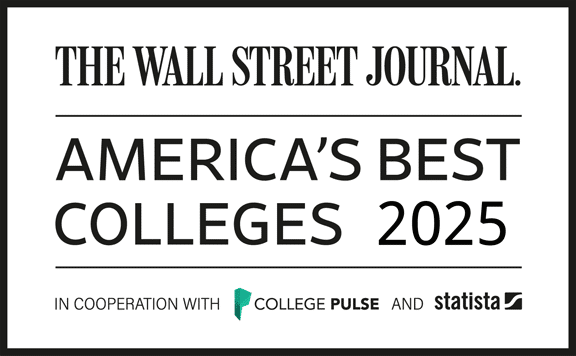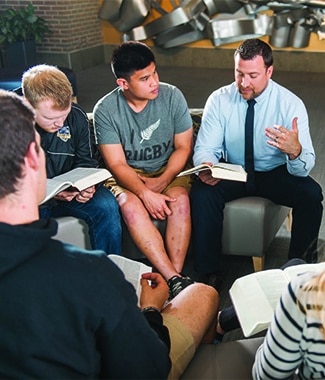Bachelor of Science inPsychology
On-Campus
On-Campus
REQUEST INFORMATION
Loading...

Transfer Friendly
Transfer up to 75% of your program credits
Transfer up to 75% of your program credits
Pursue Your Future Career with a B.S. in Psychology Degree
If you’re passionate about helping others flourish in meaningful, practical ways, Cornerstone University’s Bachelor of Science in Psychology provides a strong foundation for a fulfilling career or graduate study. Whether you’re drawn to clinical practice, education, service, or business, this program — taught by experienced, faith-driven faculty — combines academic rigor with hands-on learning to prepare you for a lifetime of impact and spiritual growth. You’ll explore the foundations of human behavior, psychological theory, and research through a Christian worldview, equipping you to bring knowledge, hope, and healing to individuals and communities alike.
Students interested in this degree may choose from one of three areas of concentration: Pre-Counseling: Child & Adolescent Psychology, Pre-Counseling: Marriage & Family, or Specialties in Psychology.
Cornerstone also offers a Bachelor of Arts in Psychology degree, offered 100% online.
Influential Careers with a Bachelor of Science in Psychology Degree
- Mental Health Services
- Case Management
- Human Resources
- Behavioral Health Support
- Social Services
- Rehabilitation Services
- School-Based Support Roles
- Ministry and Nonprofit Work
Many students also continue on to graduate programs in:
- Clinical or Counseling Psychology
- Social Work
- Marriage and Family Therapy
- Education
- Neuroscience
- Business or Organizational Leadership
Your Degree Starts Here
Start your degree at one of the most affordable Christian universities in the region. An admissions counselor is ready to help you begin the enrollment process.
- Apply — our application is free.
- Set goals — your admissions counselor is here to guide you.
- Maximize your credits — you could transfer in up to 75% of your degree credits.
- Discover affordability — scholarships and grants are available for qualified students.











